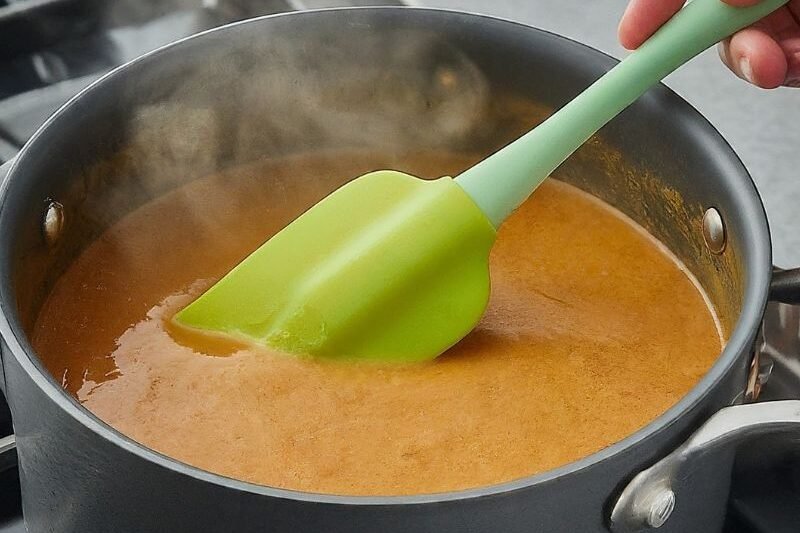Have you ever wondered if the silicone spatula you use every day or the teether your baby loves to chew on could be harmful? Silicone is a popular material these days, used in everything from kitchenware and baby products to phone cases and even certain medical implants. But with its growing presence in our lives, a question naturally arises: Are silicone products toxic?
Generally, silicone itself is considered safe for most applications. This is because silicone is chemically inert, meaning it doesn’t readily react with other substances. Regulatory bodies like the US Food and Drug Administration (FDA) have deemed silicone safe for use in food-contact applications.
However, there are some nuances to consider when evaluating the safety of silicone products, especially those intended for cooking, eating, or use by babies. Let’s delve deeper into this topic to understand the potential risks and how to choose safe silicone products.
Can Silicone Leach Chemicals?
While silicone itself is stable, some silicone products may contain additives or fillers that can potentially leach into food or liquids, particularly under certain conditions. These additives can include:
- Fillers: Manufacturers sometimes add fillers to silicone to improve certain properties, like strength or flexibility. Certain fillers might raise concerns, though research is ongoing.
- Pigments: Colorful silicone products often contain pigments to achieve different colors. Some pigments might be a potential concern, depending on the type.
- Residual catalysts: Leftover chemicals from the silicone production process might be present in trace amounts.

Factors Affecting Leaching from Silicone Products
Even if a silicone product contains potentially harmful additives, leaching isn’t guaranteed. Here are some factors that can influence leaching:
- Temperature: Higher temperatures can increase the rate of leaching from silicone products.
- Time: The longer a silicone product is in contact with food or liquids, the greater the chance of leaching.
- Acidity or alkalinity of food: Acidic or alkaline foods can interact with silicone and promote leaching.
How to Choose Safe Silicone Products
Here are some tips for choosing safe silicone products, especially for use with food or by babies:
- Look for certifications: Look for certifications like “FDA approved for food contact” or “LFGB certified” (a European standard for food safety).
- Choose platinum-cured silicone: Platinum-cured silicone is generally considered a safer option compared to peroxide-cured silicone, as it typically contains fewer fillers and byproducts.
- Avoid brightly colored products: While not always the case, very brightly colored silicone products might contain higher levels of pigments that could be a concern.
- Buy from reputable companies: Reputable companies are more likely to use high-quality, food-grade silicone and prioritize safety.

Rysilicone: Committed to Safe Silicone Products
At Rysilicone, we understand the importance of safety, especially when it comes to products used in kitchens and by babies. We are committed to using high-quality, food-grade silicone in all our products.
- We use platinum-cured silicone for all our kitchenware and baby product lines.
- We source our silicone from reputable suppliers who adhere to strict safety standards.
- Our products undergo rigorous testing to ensure they meet all relevant safety regulations.
We are confident that our silicone products are safe for their intended uses. If you have any questions or concerns about the safety of our products, please don’t hesitate to contact us.
Conclusion
Silicone is a versatile material with a wide range of applications. While generally considered safe, there are some factors to consider regarding potential leaching of additives. By following the tips above and choosing reputable brands like Rysilicone, you can ensure you’re getting safe, high-quality silicone products for your home and family.